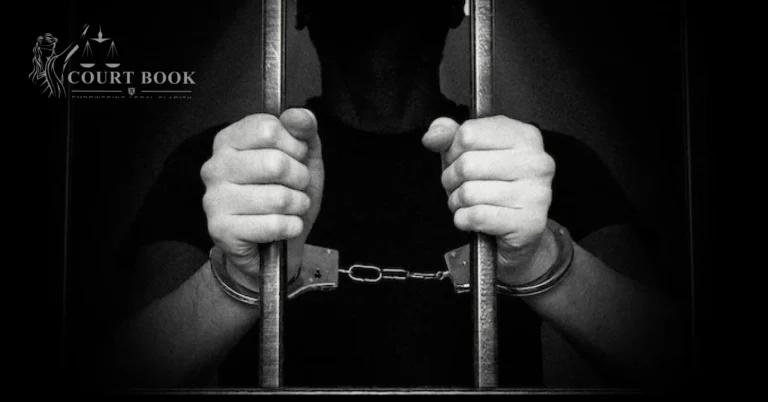The Delhi High Court has recently ruled that denying phone call access to prisoners involved in terrorist activities and offenses under the Maharashtra Control of Organized Crime Act (MCOCA) and the Public Safety Act is not arbitrary. The court’s decision highlights that such restrictions are necessary for maintaining public safety and order.
Delhi High Court's Observation
A division bench comprising Acting Chief Justice Vibhu Bakhru and Justice Tushar Rao Gedela examined a plea filed by a prisoner, Syed Ahmad Shakeel. The petitioner challenged Rule 631 of the Delhi Prison Rules, 2018, which restricts telephonic communication for prisoners involved in terrorism and other heinous crimes.
The Bench Stated:
"Prima facie, the denial of regular telephonic and electronic communication to a prisoner involved in terrorist activities and offenses under MCOCA and the Public Safety Act, without adequate safeguards, cannot be considered arbitrary or unreasonable."
The court clarified that these restrictions are in place to ensure public safety. However, it also emphasized that the denial of such facilities is not absolute, as the Jail Superintendent holds the authority to make case-specific decisions with prior approval from the Deputy Inspector General (Range).
Understanding Rule 631 of the Delhi Prison Rules, 2018
According to Rule 631, prisoners involved in offenses against the State, terrorist activities, MCOCA, the National Security Act, and other serious crimes such as robbery, dacoity, murder, and kidnapping for ransom are not eligible for telephonic communication privileges. This rule ensures that individuals posing a potential threat to national security do not misuse communication facilities.
Read Also:-Supreme Court Questions Delhi High Court’s Interim Stay on Discharge Order in Murder Case
However, the rule includes a provision that allows the Jail Superintendent to make exceptions based on individual circumstances, ensuring that genuine cases are considered fairly.
Petitioner's Argument
Syed Ahmad Shakeel, the petitioner, contended that restricting his phone calls violated his constitutional rights. His counsel argued:
- A 2022 circular streamlined phone call access for inmates, initially permitting five calls per week. However, under Rule 631, this has now been reduced to only one call per week for prisoners involved in serious offenses.
- Other prisoners, including undertrials, continue to receive the facility of one call per day, creating an unfair distinction.
- Shakeel claimed he had no contact with his family since April 2024, which he argued was arbitrary and discriminatory.
The court acknowledged the petitioner’s concerns but maintained that public safety outweighs individual privileges.
- The court stated that denying phone call access is not an absolute restriction but rather a regulated decision based on security considerations.
- The Bench emphasized that where providing limited phone access does not compromise public safety, exceptions can be made.
- The matter has been taken into consideration, and the next hearing is scheduled for April 1, 2025
The Delhi High Court’s ruling underscores the balance between individual rights and national security. While prisoners’ communication rights are recognized, the state has the authority to impose restrictions in the interest of public order. Rule 631 of the Delhi Prison Rules, 2018, serves as a security measure, ensuring that those involved in terrorist activities or serious crimes do not misuse communication facilities.
The case is still under consideration, and further developments will depend on the court’s detailed examination of the petitioner’s claims and public safety concerns.















